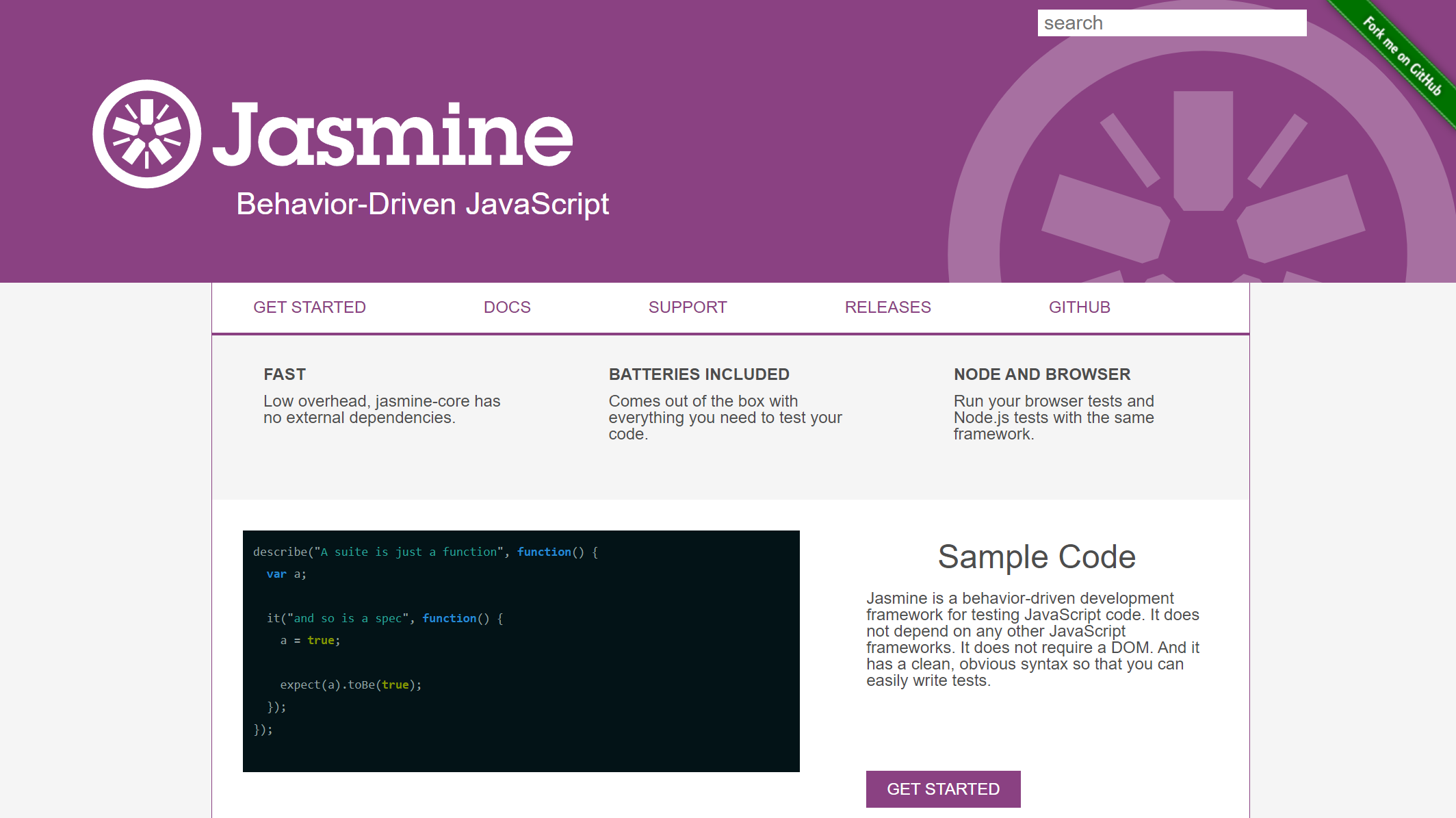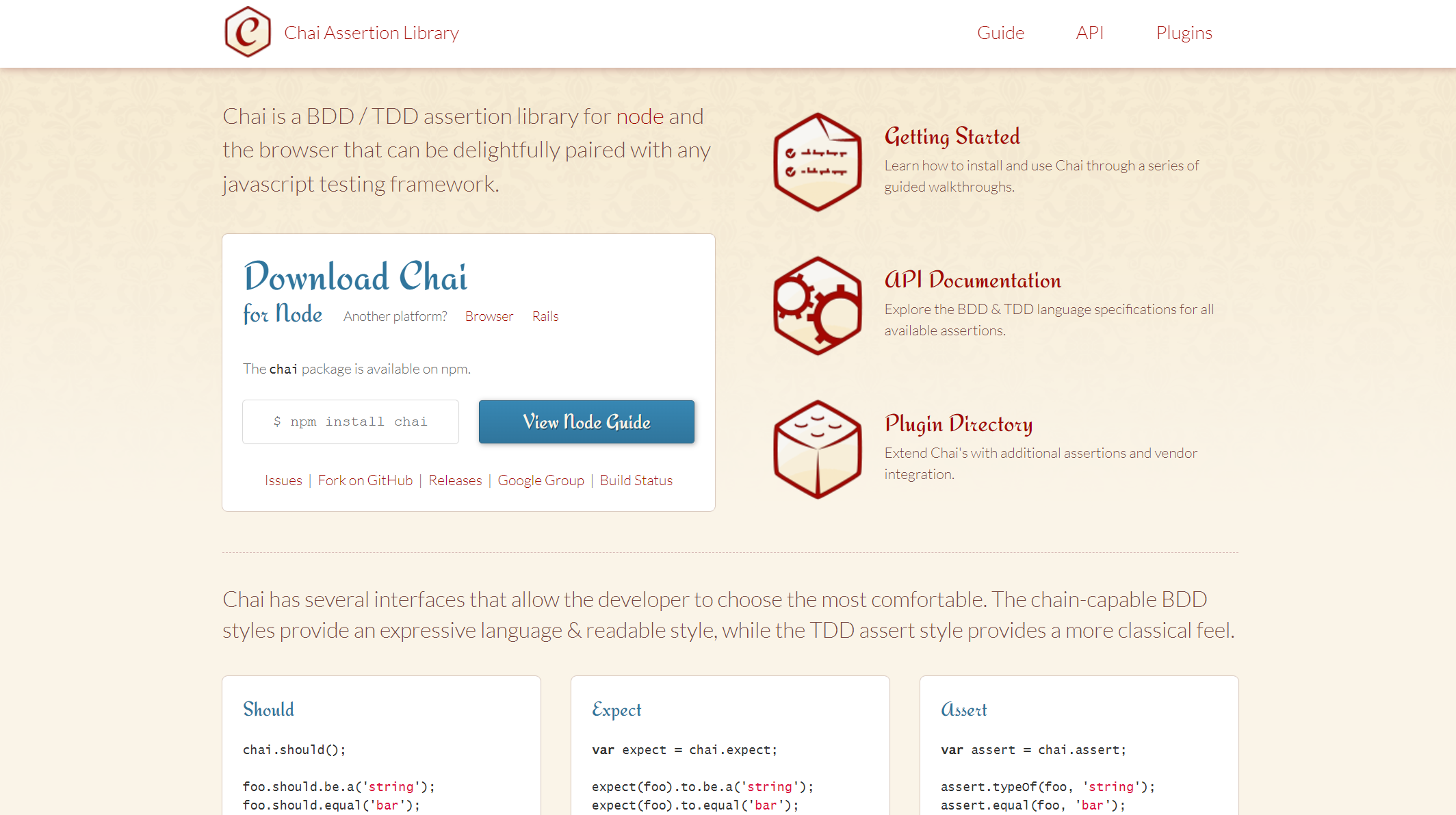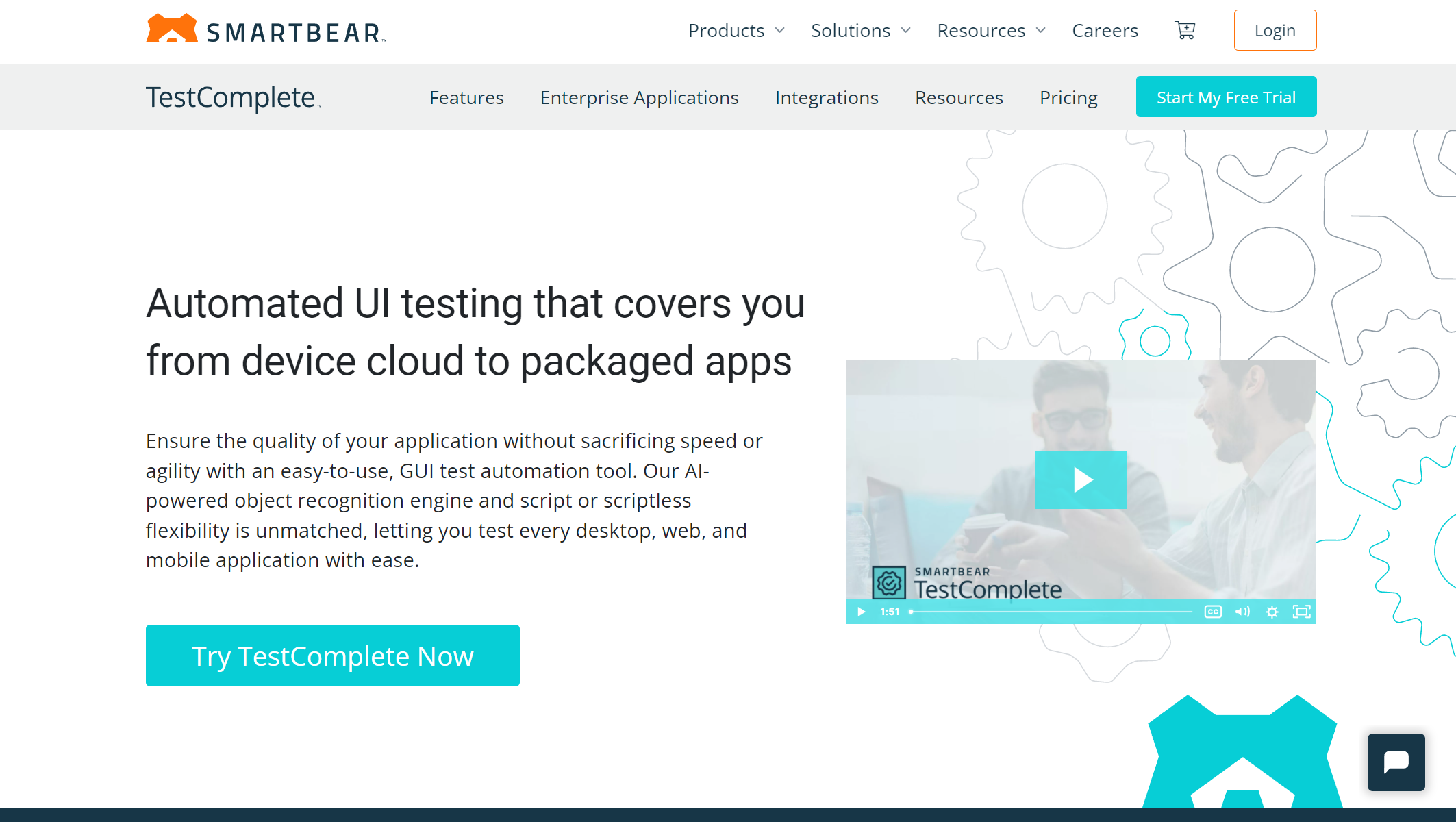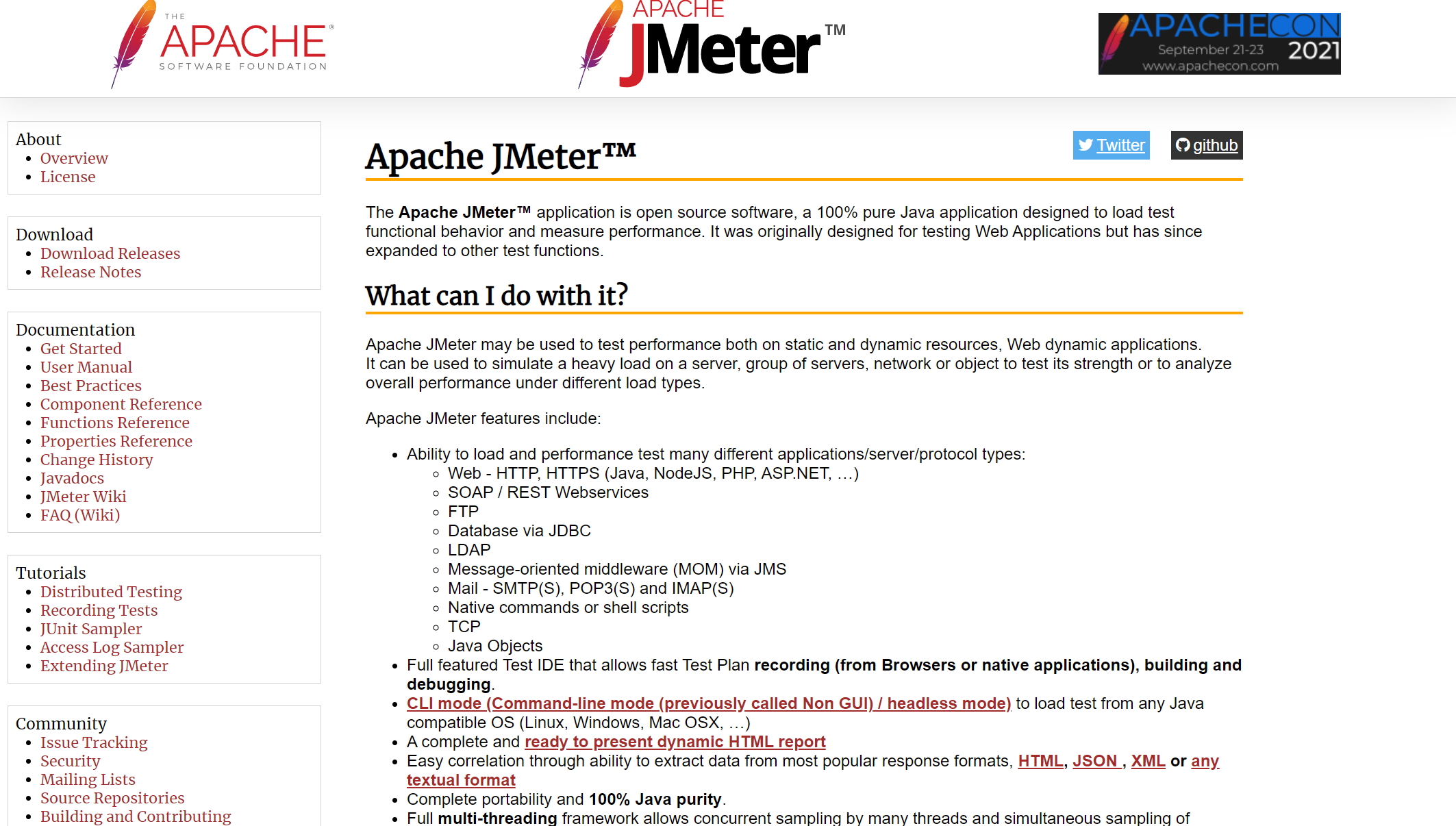Code testing consists of testing each line of code to identify if there are any errors present in the whole development process. Test cases are created to hit functions and check if they are doing what they are meant to do.
Having these tests for every functional part of the code and updating it regularly helps with making sure the code always works correctly and detecting any bugs or preventing future bugs.
On a higher level, code testing can be split into two parts, structural and static testing. Structural testing is based on code implementation and includes dynamic testing, which checks statement, path, and branch coverage. Static testing is based on code review and includes a code walkthrough where team members get familiar with the code.
It’s an inspection where any improvements are defined, a review that is performed by developers to detect any bugs, and a code audit that ensures all rules are followed, and all standards are met.
Just like most day-to-day work tasks, code testing can be streamlined and made easier by using online tools, which also saves time on repetitive tasks. Here are the top 6 tools we hand-picked for you to improve your code testing game.
Additionally, for those managing virtual desktop environments, incorporating Azure WVD monitoring can ensure that your code runs efficiently across all user sessions.
1. Selenium

Selenium is one of the most popular testing frameworks focused on testing web applications across different browsers and platforms. It is widely accepted, having been integrated with multiple programming languages like Java, PHP, C#, Python, Ruby, Groovy, and Perl.
Aside from essential web application testing automation, other web-based administration tasks can also be automated. It is a free, donation-based tool with extensive documentation available.
2. Jasmine

With no external dependencies, Jasmine is fast and easy to set up a behavior-driven development framework for testing JavaScript code. Both browser and Node.js tests can be executed with the same framework, which helps save time with testing.
Another benefit is that Jasmine does not rely on any browser, DOM, or framework. All of this makes Jasmine suitable for anywhere JavaScript can run. In detail information about getting started and using this tool can be found on their website.
3. Chai

Chai is a behavior, and test-driven development assertion library is made for Node.js and browsers and can be paired with any JavaScript testing framework. Multiple interfaces make it easy for developers to adapt and learn the tool.
There are also different plugins available that extend Chai’s testing capabilities, and developers can also build their plugins. Detailed instructions for all of these options are available on their official website and are relatively easy to follow. All of this makes Chai a very versatile testing tool.
4. TestComplete

As a functional testing platform, TestComplete offers tools for automated testing on desktop, web, and mobile applications. Supported languages include JavaScript, Python, Jscript, C++ Script, etc. Among offered features, we can point out GUI testing, test visualizer, scripted testing, test recording, and test playback.
This tool is built on an open architecture, providing many integrations with different tools and plugins like Jenkins, GIT, Atlassian Bamboo and Jira, Mozilla Bugzilla, Azure DevOps, etc.
Testers are allowed to easily manipulate individual UI objects instead of just clicking on-screen coordinates. But all of this comes with a price, and it is a hefty one. Plans start at €2.578, with a 30-day free trial with all plans.
5. JMeter

JMeter is an open-source load testing tool from Apache. It comes as a Java desktop application that enables users to load test the functional behavior of web applications.
Key features include performing load and performance tests, storing test plans in XML format files, both manual and automated testing of applications, ability to load different app/server/protocol types such as HTTP, HTTPS, SOAP, REST, FTP, LDAP, SMTP, IMAP, POP3(S), etc., Test IDE, multi-threading for concurrent sampling, etc.
Even though JMeter looks like a browser, it is not one; it works at a protocol level. This means that it does not execute JavaScript found on HTML pages or render HTML pages.
6. Jira

Although not a tool that executes or helps execute different testing, Jira is a great and useful tool for tracking all your tasks and defects. With Jira, you can record, report, and integrate different code development environments.
With its Query Language, you can create quick filters. Also, you can create custom workflows that help build, test, and release software.
It is safe to say that everyone who works in software development and testing has heard of Jira at some point, which says enough about the quality of this tool. There is a free version with a limited number of features and team members, and paid plans start at $7.50/per user on average.
Conclusion
If you are working in code testing, consider these options since they will greatly help streamline your processes and save time. There are many more tools online, and we have selected some of the top tools that everyone can find useful. You can visit their websites for more info about these tools for extensive documentation and how-tos.